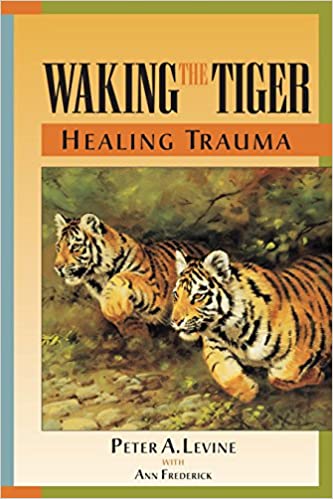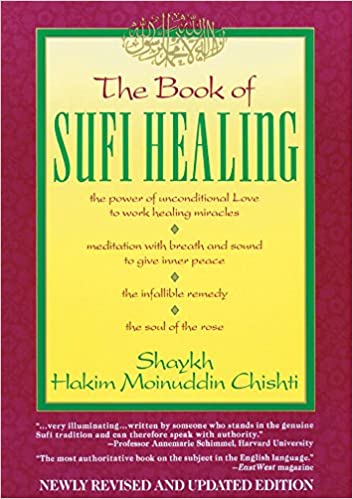I’ve read books in English, French, and Arabic. Both fiction and non-fiction.
Mostly, I’ll post here non-fiction English books. At least, the ones that I can recommend and might be relevant to most of you.
Also, I’ll skip the books that I read but don’t remember much of them. I spent a decade reading without taking notes. Please don’t do like me. It’s such a waste.
This section is only meant to spark your interest in books. So I’ll only write my impressions and three notes from the books. For more details, summaries and reviews, you can find them on Amazon or any other source.
For a faster research, you can click on any tag below to find the books of your interests.

The Sickness unto Death
A Christian Psychological Exposition of Edification & Awakening
Soren Kierkegaard
Kierkegaard has his style and sometimes it's hard to understand, especially the first few pages. But if you are brave to carry on reading, you'll be generously rewarded. The book contains a first-class analysis of despair like I've never encountered before. For a taste of it, you can check my article "How Despair Can Help Us Live a Better Life?" in Psychology.
Three notes from the book:
1- The greatest hazard of all, losing one’s self, can occur very quietly in the world, as if it were nothing at all. No other loss can occur so quietly; any other loss - an arm, a leg, five dollars, a wife, etc. - is sure to be noticed.
2- The [unconscious] despairer is in the same situation as the consumptive; he feels best, considers himself to be healthiest, can appear to others to be in the pink of condition, just when the illness is at its most critical.
3- The common view, which assumes that everyone who does not think or feel he is in despair is not or that only he who says he is in despair is, is totally false.

Waking the Tiger
Healing Trauma
Peter A. Levine
The main idea of this book is intriguing. That's what got me to read it. Even if there are practical tips, I don't know if we can use this book to self-manage traumatic experiences. A therapist will still be needed. Anyhow, the book presents an interesting approach to healing trauma that worth knowing.
Three notes from the book:
1- Traumatic symptoms are not caused by the "triggering" event itself. They stem from the frozen residue of energy that has not been resolved and discharged; this residue remains trapped in the nervous system where it can wreak havoc on our bodies and spirits.
2- The idea that memory is not an accurate recording device turns our conventional notions upside down and backward.
3- When animals experience life-threatening events, they quickly move beyond the initial shock reaction and recover.

The Book of Sufi Healing
The infallible remedy
G. M. Chishti
I don't remember exactly how I came across this book. I was searching about prophetic medicine, then jumped to Greek medicine, and ended up reading about holistic medicine systems. The Sufi system was one of them. "Herbal Formulas for Common Ailments" is the chapter I still go back to.
Three notes from the book:
1- What is a human being? How did it come into existence? How is it sustained in existence? And what is the purpose of human life? Without understanding the answers to these questions, we can never have a satisfactory knowledge of the real type of health we should be seeking.
2- Behind every natural action of the human body is an inherent wisdom, a mechanism that allows the body to heal itself. In fact, no herb, food, or any other substance or procedure can do anything on its own to heal.
3- I have said many times that the most important hospital in the world is your own kitchen, because it's here where the essence of the food is extracted, and health gained or lost.



